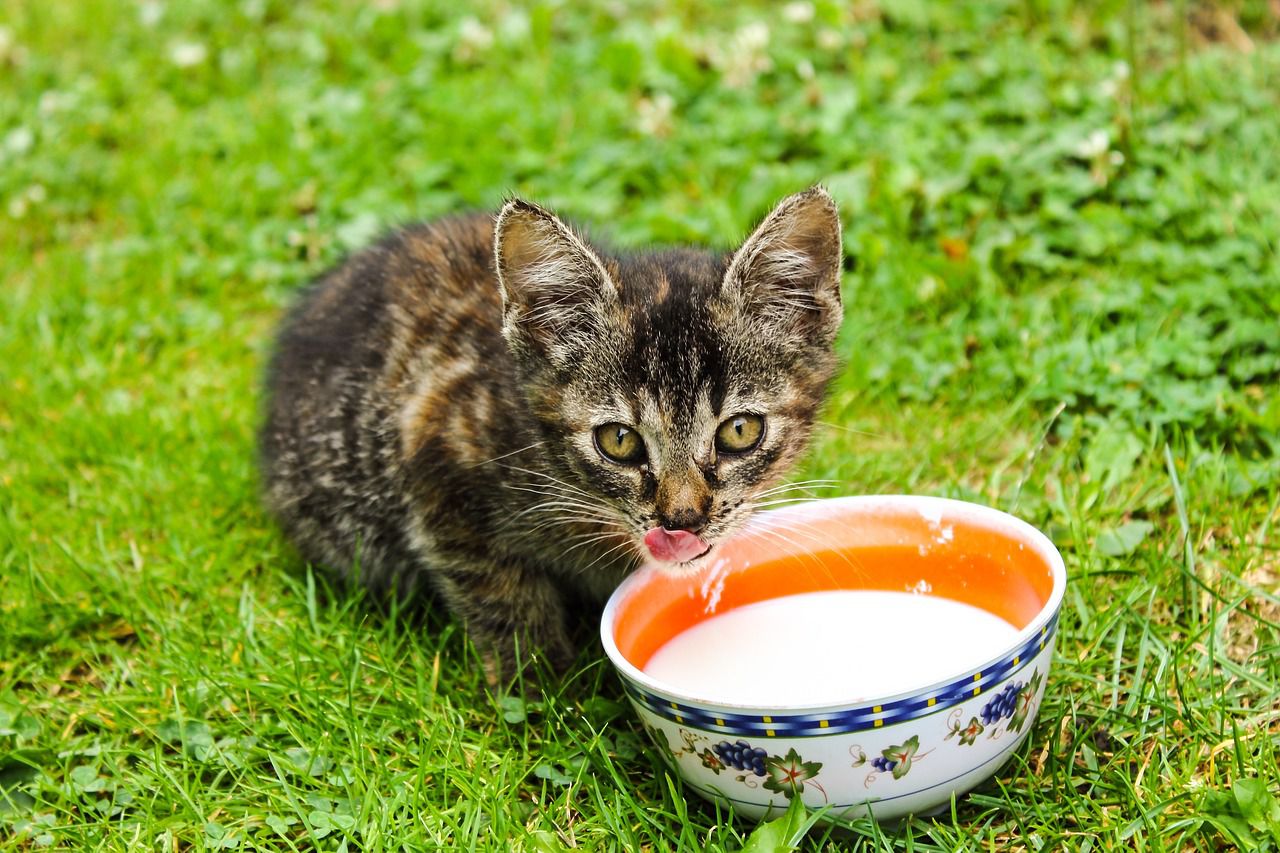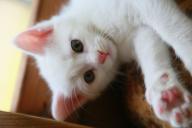If you want your pet friend to stay healthy, you need to control its diet.
Contrary to popular belief, cats should generally avoid drinking milk, especially cow's milk.
Here are a few reasons why milk is strongly not recommended as a regular part of a cat's diet.

Lactose Intolerance
Most adult cats are lactose intolerant, meaning they lack the substances necessary to digest lactose, the natural sugar in milk. Consuming milk can lead to digestive issues such as diarrhea, stomach upset, and abdominal discomfort.
Nutritional Imbalance
While milk is often associated with providing calcium, it is not a complete or balanced source of nutrition for cats. Cats require specific nutrients, vitamins, and minerals in their diet, and a diet consisting solely of milk can lead to nutritional deficiencies.
Obesity and Weight Gain
Milk is relatively high in fat and calories. Regular consumption of this product can contribute to excessive calorie intake and lead to weight gain or obesity in pets, which can have negative impacts on their overall health.
Upset Stomach and Diarrhea
Cats have pretty sensitive digestive systems, and sudden dietary changes or the introduction of new foods or drinks, like milk, can disrupt their digestive balance.
Allergies or Sensitivities
Some cats may be allergic reactions or sensitivities to special milk proteins, leading to symptoms such as itching, skin irritation, or gastrointestinal distress.












